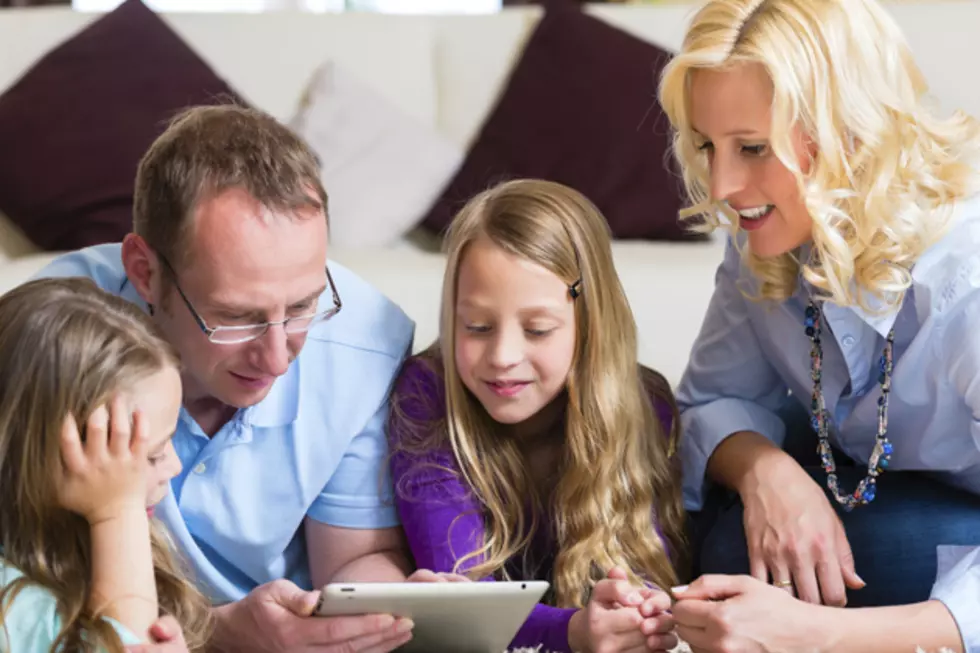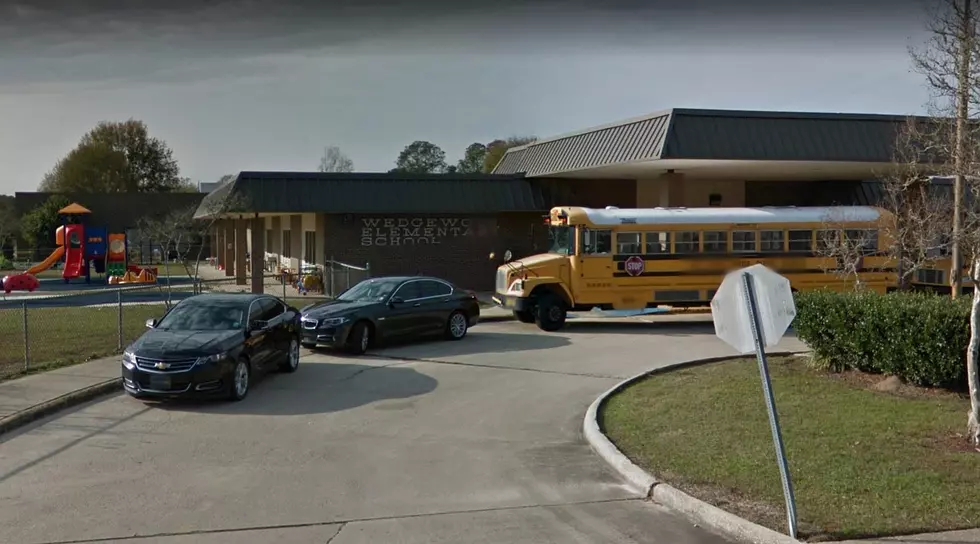
How to Talk to Your Children about COVID-19 (AUDIO)
Many of us are aware of the issues concerning Coronavirus. It’s on social media, the news and everyone is talking about it.
Hannah Comeaux, LPC-S, LMFT is a Licensed Professional Counselor and Licensed Marriage and Family Therapist. She says for this reason, we SHOULD NOT be afraid to talk to our kids about it.
"Chances are they have already heard about it at school or from other kids and its best for them to hear what’s going on from you as the parent," says Comeaux. "When you are talking to your children about the Coronavirus try to be open and honest. You want to create a safe place for them to be able to discuss questions or concerns they may be having about the virus."
Here are her tips to help you discuss the Coronavirus with your kids:
1) Give them information at the level they can understand it. If your kids are small, you don’t want to overwhelm them with too much information at one time. Spread out some of the information. We want to keep it simple and age appropriate.
2) We don’t want to bombard them with too many questions because that can create a sense of anxiety. Encourage them to ask questions and let them know you will do your best to answer them. If you don’t have all the answers, that’s okay. Just let them know you will update them with information as you know more.
3) Limit their exposure to the news and social media. It’s best for parents to watch the news and keep up with what’s going on and to deliver the information to your kids. This is a great way to filter out what you think is best for them to know at this time. We want to reassure them that it’s okay.
4) Kids pick up on your anxiety. If you are anxious and worried, they will be too. As a parent, it’s your job to remain calm. Learn to deal with your own anxious thoughts before talking to your kids about the virus.
5) Use this opportunity as a teachable moment. This is a great way to teach your kids how to manage stress by helping them navigate their own stress. Stress is a part of life and if we can give our kids the tools and skills on how to manage stress now, they can take that into youth and adulthood. Teaching them small coping skills they can implement when they are feeling overwhelmed and anxious is a great place to start.
Here are some important facts to remember about coping skills for kids.
- Coping skills need to fit the developmental age of the child. You want something they understand that’s simple and works for them.
- Practice some slow deep breathing techniques.
- Practice guided imagery, which is a relaxation technique such as having them imagine their favorite place. You may ask them to describe what they are doing, how they feel, who’s around. It’s often helpful to teach kids to create a safe place that they can go to when feeling overwhelmed or anxious.
- Empower your child by helping them make a list of things that is in their control such as practicing ways to stay safe from the virus. Teach them what they can do to protect themselves. It’s a great way to teach good hygiene habits such as washing your hands often and staying clean.
Lastly, kids take cues from us. When we remain calm and control of our emotions, they will to! It’s important as the parent to help them to implement the right skills and tools that will help them throughout life.
LISTEN to her discuss this issue on OFFSIDES with Brandon Comeaux and Shannon Wilkerson:
More From 97.3 The Dawg










